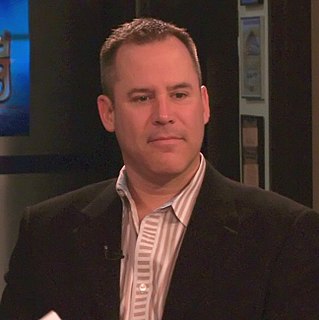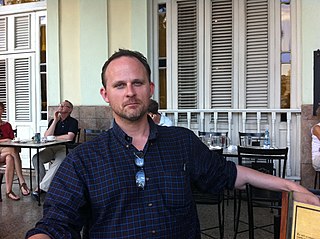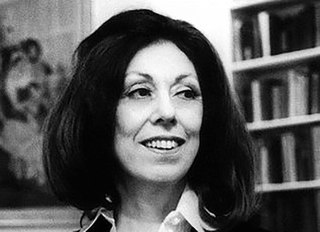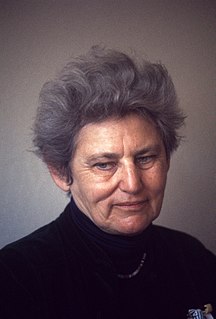A Quote by Marilyn Hacker
The pleasure that I take in writing gets me interested in writing a poem. It's not a statement about what I think anybody else should be doing. For me, it's an interesting tension between interior and exterior.
Related Quotes
Writing is writing to me. I'm incapable of saying no to any writing job, so I've done everything - historical fiction, myths, fairy tales, anything that anybody expresses any interest in me writing, I'll write. It's the same reason I used to read as a child: I like going somewhere else and being someone else.
When I was writing my first novel a friend told me I should apply for a grant from the government that was offered to support starving artists. I can't tell you how much this deeply offended me. I told her in very clear language that I thought it was ridiculous to think that other Americans ought to pay for me to chase my dream. Anybody who understands pride and self-determination gets this. So I bartended at night, I wrote during the day, and I paid for my own damn insurance. I didn't expect anybody else to pick it up for me.
There is no ideal length, but you develop a little interior gauge that tells you whether or not you're supporting the house or detracting from it. When a piece gets too long, the tension goes out of it. That word?tension?has an animal insistence for me. A piece of writing rises and falls with tension. The writer holds one end of the rope and the reader holds the other end?is the rope slack, or is it tight? Does it matter to the reader what the next sentence is going to be?
Perhaps if there is anything remotely interesting about my writing style, it is this: more often than not I have no idea what the story is going to be about. Sometimes I have a fuzzy vision, or a glimpse of one scene, or a character. But mostly all I have is a random first sentence, and I follow it to see where it might go. For me, writing is the process of discovery, of gradually figuring out what happens in the story and how it ends, that makes writing an interesting process for me.
The poem is not, as someone put it, deflective of entry. But the real question is, 'What happens to the reader once he or she gets inside the poem?' That's the real question for me, is getting the reader into the poem and then taking the reader somewhere, because I think of poetry as a kind of form of travel writing.
The habits of a lifetime when everything else had to come before writing are not easily broken, even when circumstances now often make it possible for writing to be first; habits of years - responses to others, distractibility, responsibility for daily matters - stay with you, mark you, become you. The cost of discontinuity (that pattern still imposed on women) is such a weight of things unsaid, an accumulation of material so great, that everything starts up something else in me; what should take weeks take me sometimes months to write; what should take months, takes years.






































